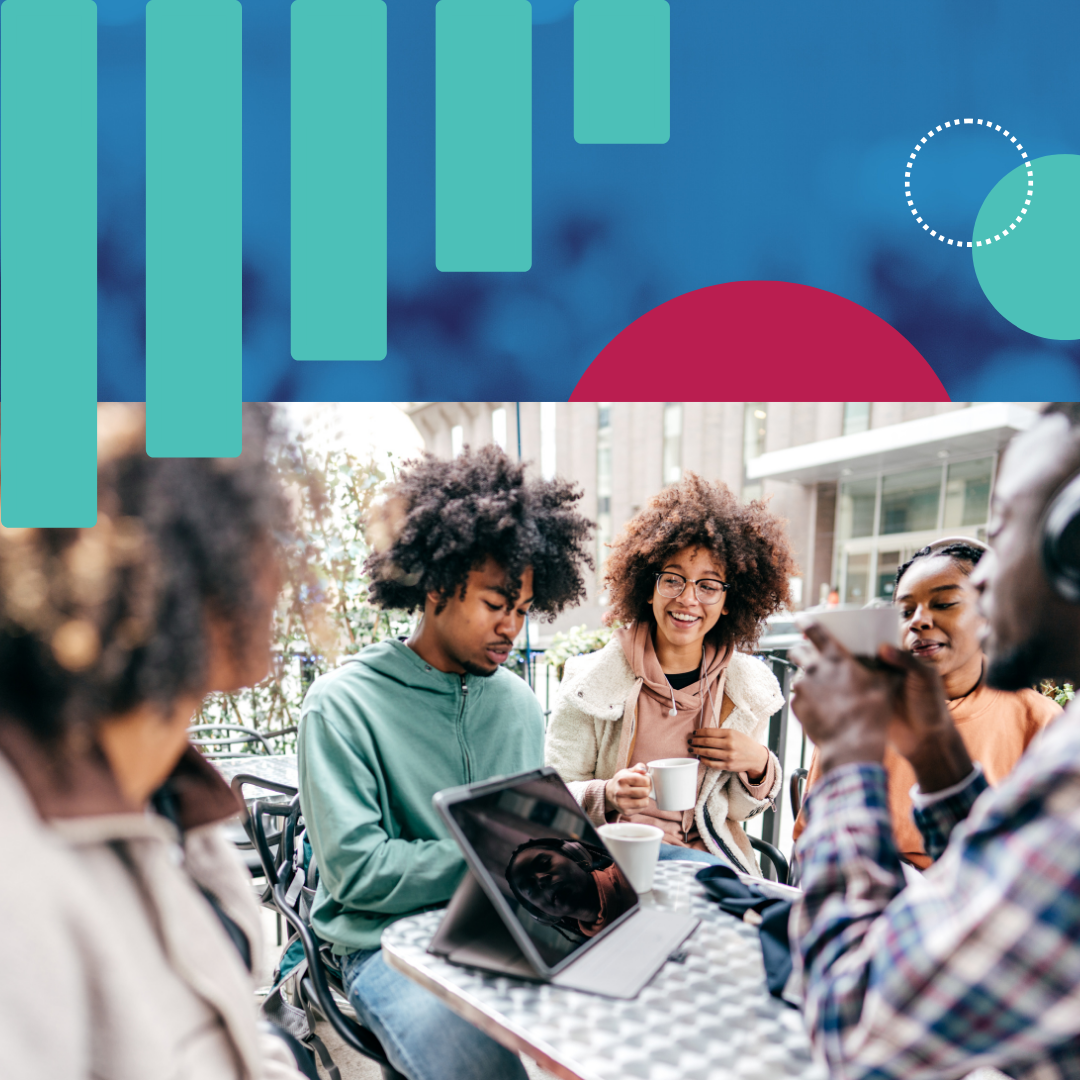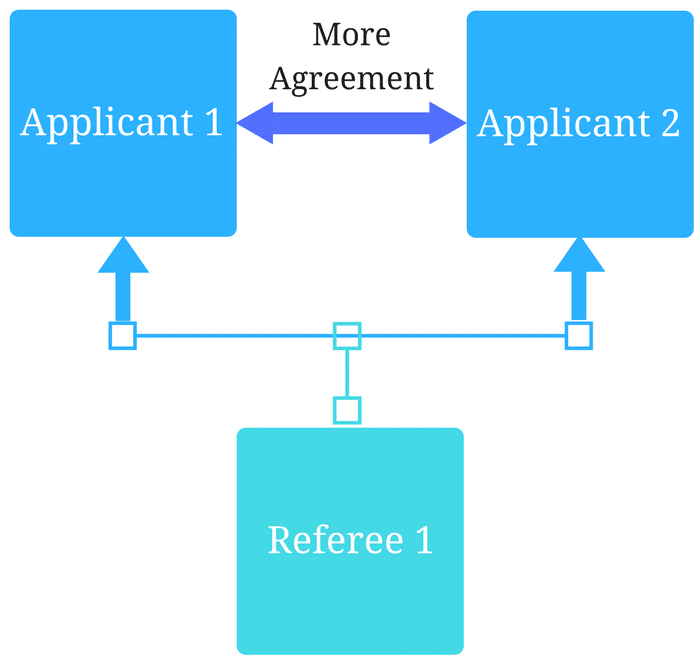Why Soft Skills Are Important for Career Success

April 11, 2024
This week on the Holistic Success Show, we welcome Mark Cousino, Senior Vice President of Talent and Learning at Kyndryl, one of the largest IT service companies in the world. Dr. Kelly Dore, Acuity Insights co-founder and VP, of Science and Innovation, chats with Mark about the importance of soft skills, also known as durable skills, and how they contribute to future career success.
What are durable skills?
Durable skills, commonly referred to as soft skills, are skills that are transferable across industries, businesses, and domains, providing value regardless of the specific context.
Unlike perishable skills, which are tied to tools and processes unique to a particular company or industry, durable skills remain relevant and effective in various roles and environments. For instance, skills like organization, attention to detail, judgment, and communication are considered durable because they are applicable across different professions.
Research from Burning Glass has shown that communication stands out as the top skill sought after globally, emphasizing its enduring importance in job postings across multiple sectors. Effective communication facilitates task completion and enhances collaboration and the dissemination of results, underscoring its pivotal role in professional success across various domains and industries.
Why is it important to prioritize durable skills?
Prioritizing durable skills is essential, particularly in higher education and professional development contexts.
When individuals pursue academic degrees or technical training, they often emphasize acquiring domain-specific knowledge and technical skills relevant to their chosen field. However, while technical skills are important, they can be considered semi-durable or even perishable, as they may become outdated or less relevant over time due to advancements in technology or changes in industry practices.
In contrast, durable skills, such as critical thinking, problem-solving, collaboration, and communication, retain their value across various domains, industries, and job roles. These skills are not tied to specific tools or processes but instead, provide a foundation for adaptability and success in various professional environments. For example, the ability to influence without authority, navigate change, and effectively communicate ideas are highly sought after by employers globally, regardless of the specific job or industry.
What can higher education institutions do to support the development of durable skills?
Despite the importance of durable skills, there is often a lack of focus on their development within traditional educational curricula. Instead, the emphasis tends to be on acquiring technical knowledge and skills directly related to the discipline of study. However, as individuals progress in their careers, they inevitably encounter new tools, processes, and challenges that require not only technical expertise but also strong durable skills to navigate effectively.
By prioritizing the cultivation of durable skills alongside technical proficiency, educational institutions can better prepare students for the dynamic and evolving nature of the workforce. This may involve:
- Integrating opportunities for experiential learning
- Mentorship programs and opportunities
- Intentional skill development added to the curriculum
- Fostering a culture that values and prioritizes durable skills
How can the integration of AI promote skill development?
AI offers opportunities to enhance durable skills in several ways. Firstly, AI can serve as a powerful tool for automating routine tasks, allowing individuals to focus more on developing and refining durable skills such as problem-solving, critical thinking, and communication. By offloading mundane tasks to AI systems, learners can allocate more time and energy to practicing and honing these essential competencies.
AI technologies can facilitate collaborative learning environments by enabling virtual interactions and knowledge sharing among learners from different backgrounds and locations. Through AI-driven chatbots, virtual assistants, and collaborative platforms, individuals can engage in meaningful discussions, problem-solving activities, and teamwork exercises, fostering the development of durable skills such as communication, collaboration, and interpersonal skills.
It’s critical that schools set guidelines and expectations about how and where to use AI so that it can be effectively used as a tool to support learners – within specific pre-established boundaries.
Should colleges and universities adapt their priorities to support the development of durable skills?
Universities and colleges should review their educational priorities, supporting cultivating durable skills. By embracing innovative approaches to skill development, universities can better prepare students for long-term success in a dynamic and competitive global workforce.
Instead of solely emphasizing job-specific technical knowledge, universities can integrate curricula that foster durable skills such as critical thinking, problem-solving, communication, and adaptability.
One approach is for universities to collaborate closely with industry partners to understand current and emerging skill demands. By aligning educational programs with industry needs, universities can ensure that graduates are equipped with the durable skills necessary for long-term career success. This collaboration can incorporate industry-relevant projects, internships, and experiential learning opportunities into the curriculum to provide students with real-world contexts for skill development.
Universities can also offer flexible learning pathways, such as short-duration certifications, certificate programs, and non-degree courses, to support lifelong learning and skill enhancement. These programs can cater to individuals seeking to upskill or reskill in response to changing industry requirements, allowing them to continually develop and refine their durable skill set throughout their careers.
Are you interested in learning more about the importance of durable skills in higher education? Listen to the full episode with Mark Cousino of Kyndryl.
Related Articles

How interviews could be misleading your admissions...
Most schools consider the interview an important portion of their admissions process, hence a considerable…
Reference letters in academic admissions: useful o...
Because of the lack of innovation, there are often few opportunities to examine current legacy…
